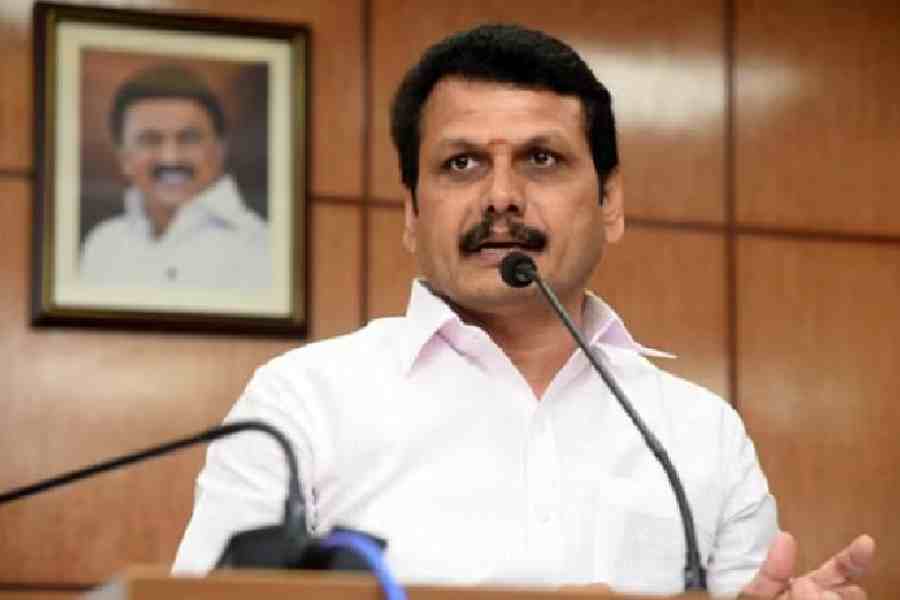Democratic politics relies on rationality and ethics. The Madras High Court’s reported criticism of the Tamil Nadu government’s retention of a minister without portfolio was a reminder of that principle: this was a ‘constitutional travesty’. The court was referring to the decision of the chief minister of the Dravida Munnetra Kazhagam government, M.K. Stalin, to redistribute the responsibilities of V. Senthil Balaji, placed in judicial custody after his arrest by the Enforcement Directorate, without depriving him of his ministerial position. The minister has been charged with receiving money for jobs in 2014, when he was the transport minister in an All India Anna Dravida Munnetra Kazhagam government. The high court emphasised that the chief minister was the repository of the people’s faith, and could not allow political compulsions to overcome public morality. That went against good or clean governance and the constitutional ethos. That there was nothing in the Constitution against a minister without portfolio indicated that its makers did not foresee the rewarding of leaders with ministerial positions even when they had no work and were in custody.
The high court’s statement of principle is of great importance. But a straightforward approach in politics and the use of the law have been endangered by events of recent years. This is beside the fact that ministers without portfolio have occasionally been present from the earliest governments in independent India; Arun Jaitley, for a brief while, is one example. But these ministers were not in custody. The political tensions around Mr Balaji’s arrest, however, seem to have contributed to Mr Stalin’s stance. The order by the governor, without the constitutional condition of advice from the chief minister, to dismiss Mr Balaji seemed political rather than moral or constitutionally correct. The withdrawal of the order did not obviate the fact that Mr Balaji was arrested and detained in judicial custody for allegations almost 10 years old. Besides, the ED has been repeatedly accused of acting not neutrally but according to the dictates of the Narendra Modi-led government. The concatenation of circumstances could make the application of the highest principles a little difficult; it is not pure legality or constitutional ethics that appear to be at risk. However, the practice of retaining ministers without portfolio should be discussed, and the resolution made applicable to all governments in future.










